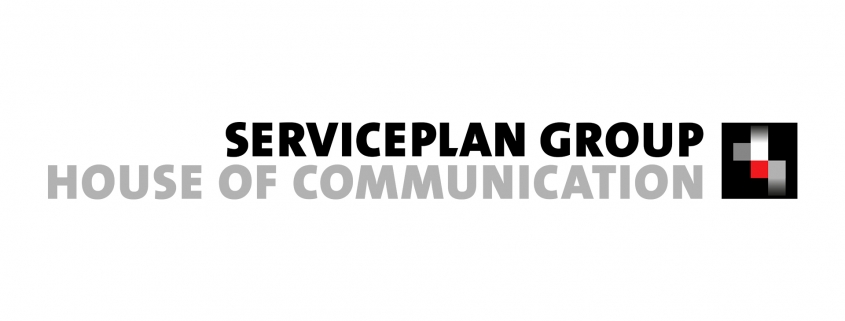It will soon be time once again for us to take out our Advent calendars and start opening another little door with each passing day. Meanwhile, Google is announcing acquisitions and partnerships at almost as rapid a rate – and with the biggest players in the most important industries and sectors. Here to explain what it all means – and why we should be giving Sesame Street another watch – is the November edition of SEO News.
BERT and ELMO from the big brain factory
The best school for life is a happy childhood. Despite being barely out of puberty at 20 years old, Google too now seems to have cottoned on to this piece of universal wisdom; what other explanation can there be for the Mountain View-based search engine’s decision to name its new colleagues from its artificial intelligence department after characters from Sesame Street? Helping machines to understand people better is now the responsibility of BERT and ELMO. Both are acronyms for digital manifestations of machine-learning processes (“Bidirectional Encoder Representations from Transformers” and “Embeddings from Language Models” respectively). If that all sounds rather complicated, we can use more analogies from our childhoods to help simplify things: For one thing, sheer human curiosity is overwhelming the abilities of Google’s impressive tech stack. The company reports that, more than two decades after the search engine was founded, it still can’t understand even the gist of around 15 percent of search queries. The extension of input technology from text to speech has made this problem even more acute. For another thing, the complexity of speech, reality and life can only be accommodated by organising the learning process of machines in the same way that we approach the education of a child. This means that every individual expression of a search query has to be considered and understood in context. It’s only in this way that accuracy can be reliably predicted. The new BERT algorithm enables Google to more reliably identify different intentions in a search query based on language constructions and changing contexts, and associate them with the most relevant results. Compared to artificial intelligence used by its competitors, this represents a decisive step for Google, because Facebook, Microsoft, Alibaba and Tencent are all working away on the same problems. Although this doesn’t mean any direct transformations for SEOs and website operators, for Google’s vision of developing an omnipresent information, solutions and convenience machine, BERT marks a ground breaking turning point.
Google’s transition to portal status
Even though Google’s motto for its first twenty years was “Don’t be evil”, the search engine giant from Mountain View appears to have a harsh future ahead of it. Increasing numbers of public voices are now saying what daily use of the search engine and an enlightened glance at the columns of the business press should have made clear long ago: that Google is presently undergoing a backwards metamorphosis from a search engine to a good old-fashioned Internet portal. The inflation of so-called “no-click-searches” – search queries that are answered on Google’s own pages and no longer generate any organic traffic for third-party sites, the aggressive dismantling of sales verticals in such areas as travel, medicine and finance, and the upcoming relaunch of the Shopping division, including payment processing with Google Guarantee, leave us wondering just where this journey is headed. At his recent talk at the “Transformation of Search” conference, CEO of analytics firm Jumpshot, Stephen Kraus, personally awarded Google the title “AOL of the Year 2020” (5:50 minutes into the video). In his keynote address to the “SMX East” conference, veteran SEO expert Rand Fishkin bemoaned the fact that the sector would have to adapt in the future to optimising in Google’s direction in order to meet its customers’ expectations. According to Fishkin, brands are being caught in a kind of prisoner’s dilemma by the fact that, rather than positioning itself as a moderator and provider of relevant traffic (and of turnover with it) as it did before, the search engine is now positioning itself as a market participant in almost all areas of the sale of products, services, and information. The result is that brands are finding themselves obliged to choose between click-free visibility and avoiding the competition in unused keyword niches. The outcome is sub-optimal in both cases. Fishkin’s answer to this predicament, which he calls “On-SERP-SEO”, can be understood as a form of brand building on Google’s search results pages in combination with widely distributed awareness campaigns. The consequence of these developments won’t be the much-desired “death of SEO”, even in 2020, but instead a signal for closer cooperation between the search sector and conventional marketing channels, and for the need for the technological professionalisation and automation of SEO in order to make it possible to keep up with the search engine’s evolving complexity. Google hasn’t turned evil overnight; it’s just grown up.

